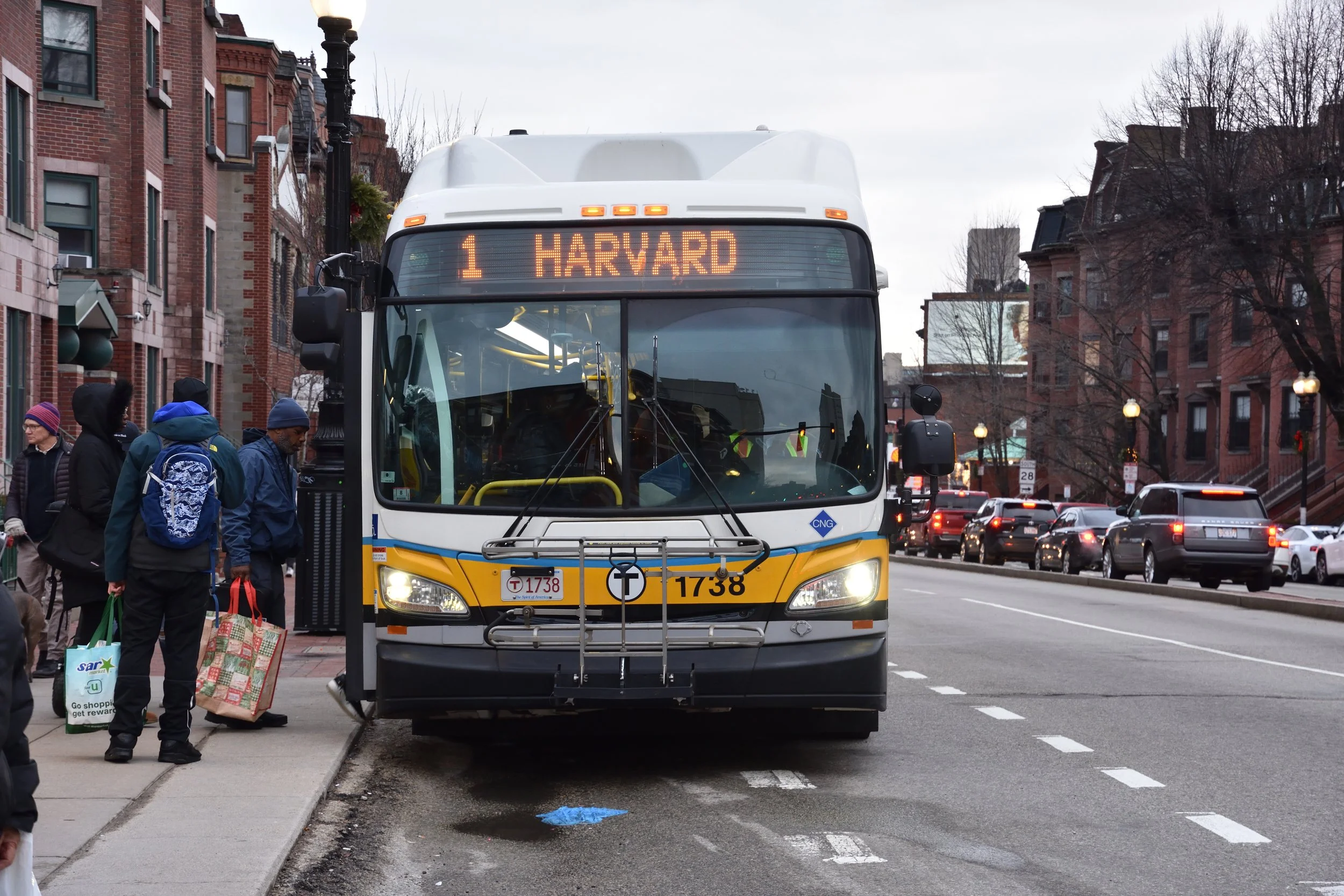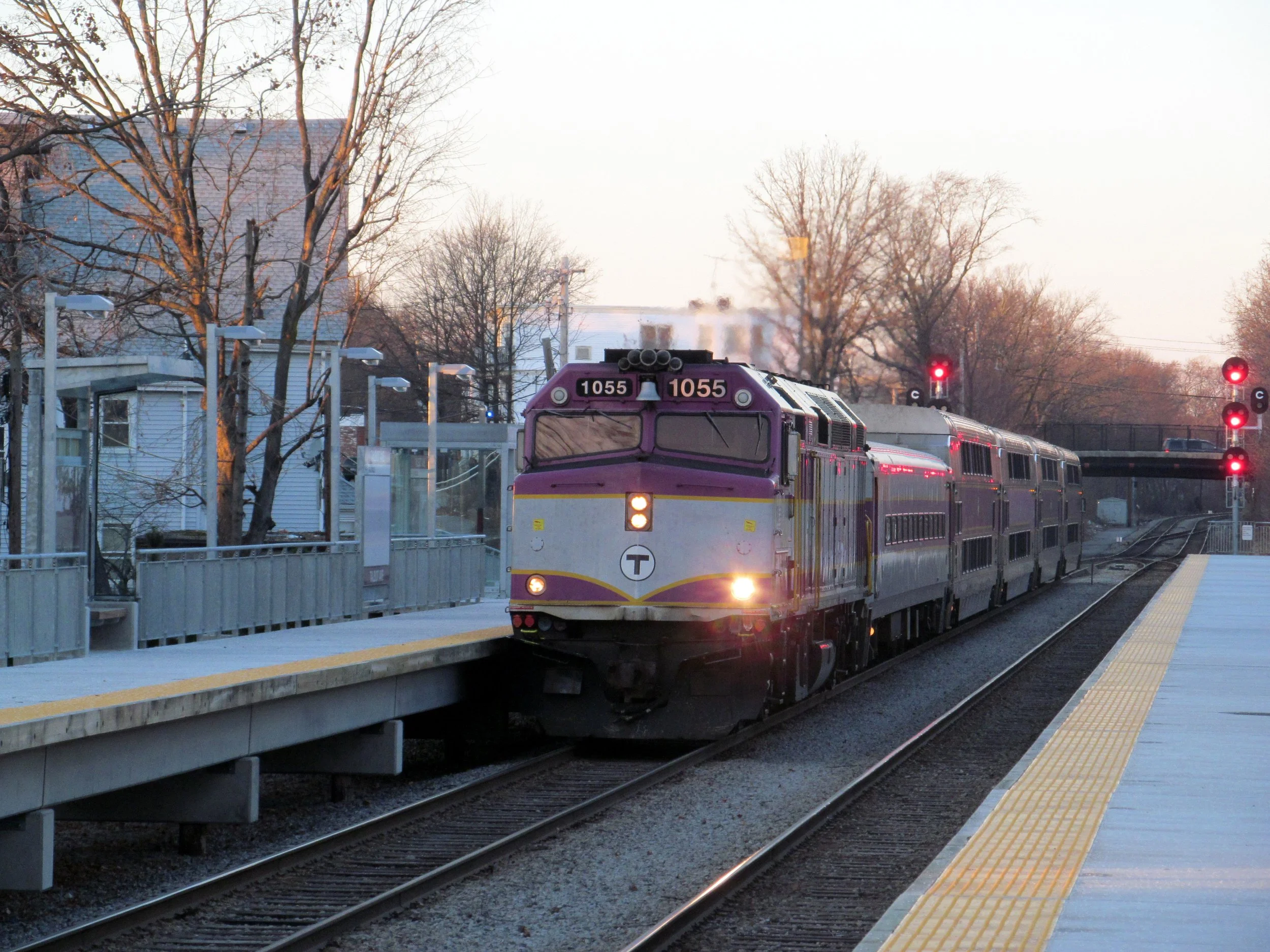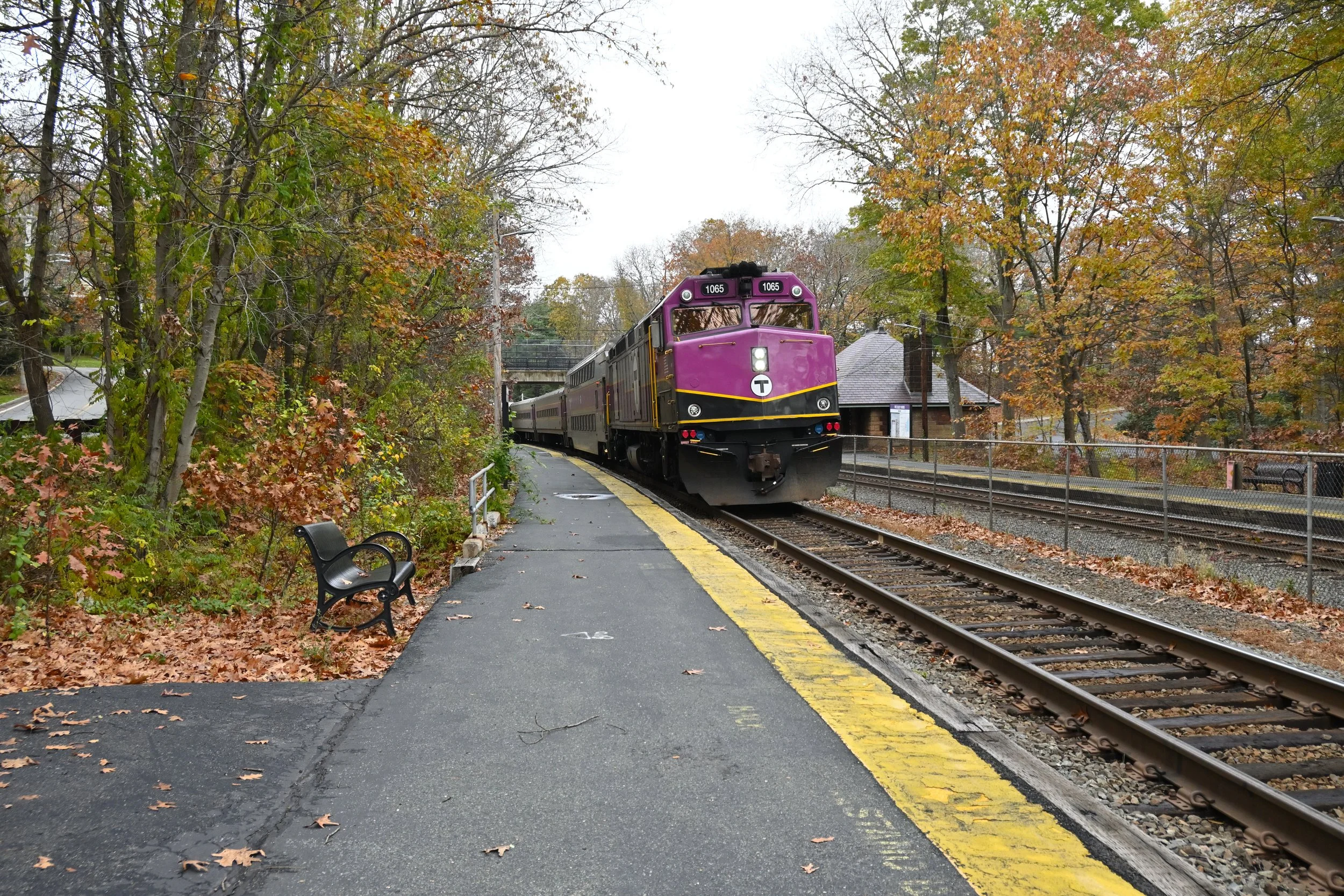Correcting the Record on Our Stance Re: East-West Rail Service to Pittsfield
BOSTON, June 15, 2020 -
TransitMatters wishes to correct the record regarding what one article called, a difference of opinion on service to Pittsfield. The article quoted a study and policy statement that we have not yet released out of context. We strongly believe train service to Pittsfield is critical to this project. We join elected officials, public transit advocates, and residents in calling for a fair and accurate study process. And we call for MassDOT to work on both higher-speed service and an initial service that could begin in 18 months or less.
However, there are two main issues: the timeline of service and cost. MassDOT and the MBTA could run service to Springfield field for close to $0 in capital costs and less than $5M in annual operating costs in a matter of months. Adding service to Pittsfield would cost about $46M in capital costs and maybe add $1-2M to the operating cost. There's a need for train storage in Pittsfield and our plan for service within a year relies on MBTA equipment (using this equipment to provide service to Pittsfield would be very difficult; morning trips would be extremely early just as evening trips would be extremely late and it would be impossible to provide mid-day service with MBTA equipment). This will take an additional few years, but we're still talking about service to Pittsfield much faster than any billion-dollar MassDOT alternative.
MassDOT has not studied any of this. They are doing the exact opposite. The first three alternatives propose spending north of $1B for travel times that essentially match or exceed the current Amtrak travel times. Let's be clear. No city west of Worcester will ever see a train if MassDOT continues on this current path. That is our focus.
TransitMatters is working on a document to show that a travel time of 90 mins (to Springfield) or less could be achieved with $900M or less in 9 years (with many trains continuing to Pittsfield). While not as fast as the $25B high-speed alternative 6, it is competitive with the Pike and achievable within a decade. The MassDOT high-speed rail plan is infeasible. High-speed trains can't climb the grades present on the Pike ROW. The other advantage of implementing our phase 1 incremental higher-speed rail plan first is that it guarantees towns like Palmer and Pittsfield get service, as most 185-220mph high-speed lines either skip towns of that size or provide limited service; secondly, the state can continue to cut travel times after this 90 min time is achieved. This can be done by fixing bottlenecks, bridging valleys, and limited tunneling.
We are collaborating with rail advocates from Western Mass and take their feedback seriously. This is not an issue of Springfield vs. Pittsfield, it is a battle between a reasonable plan for service and MassDOT’s unspecific plans and wildly inaccurate cost estimates.
For media inquiries, please contact media@transitmatters.org





